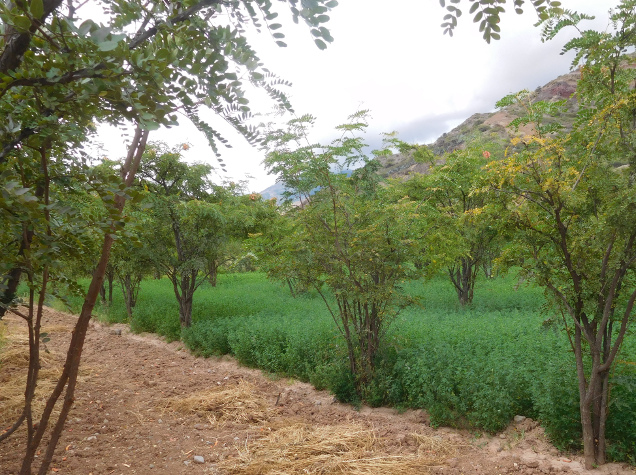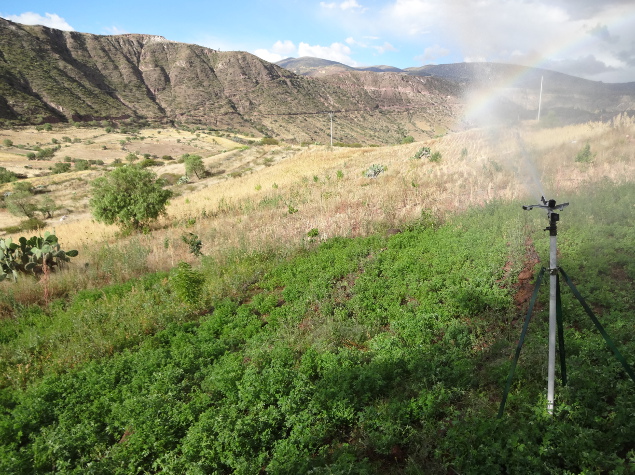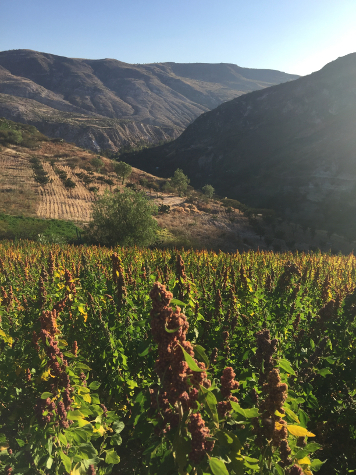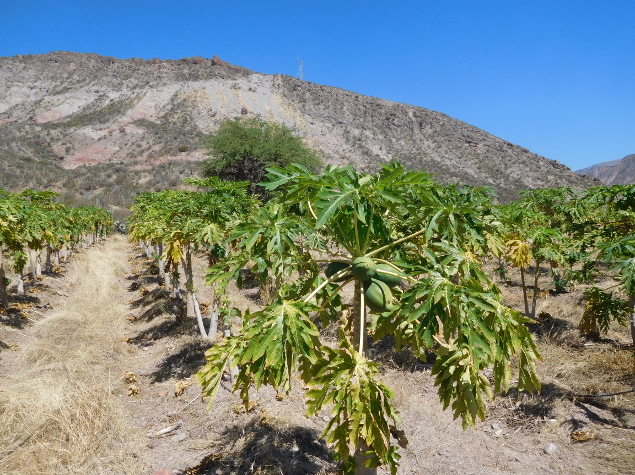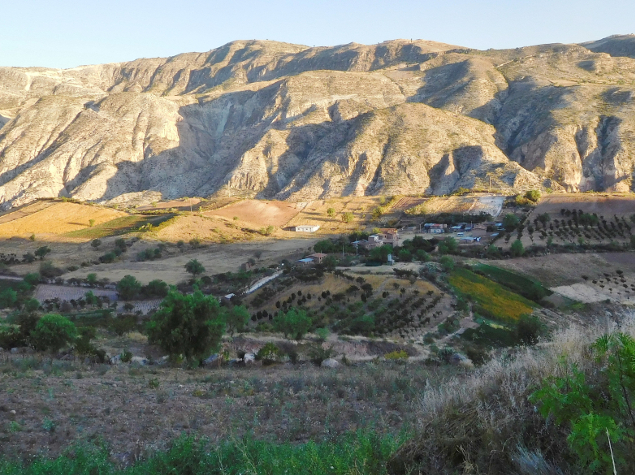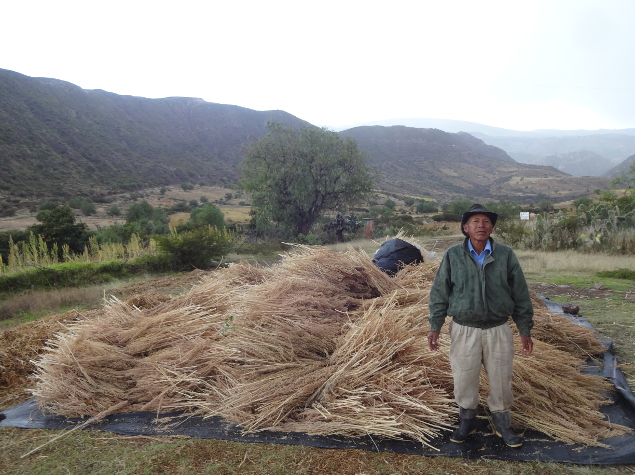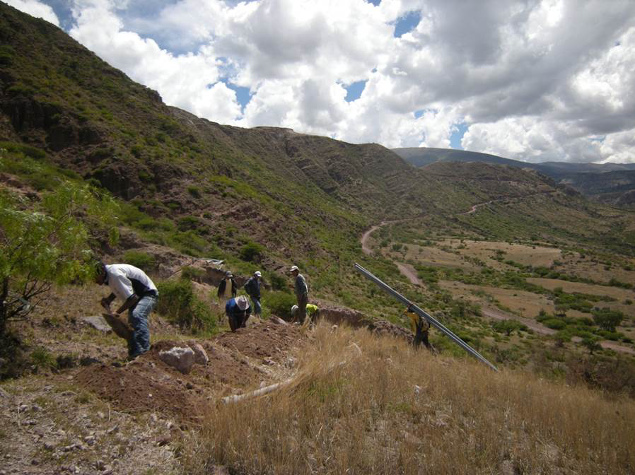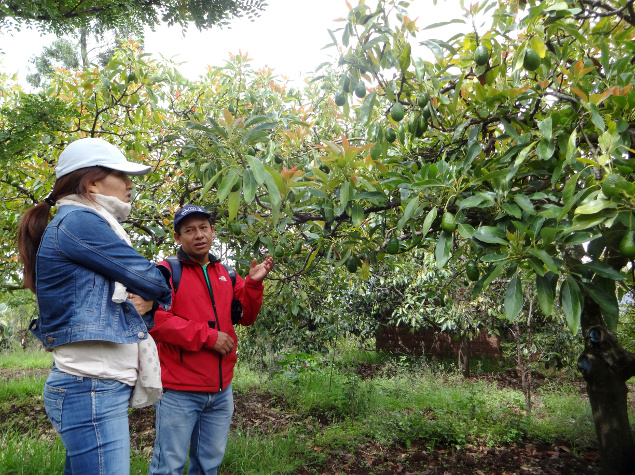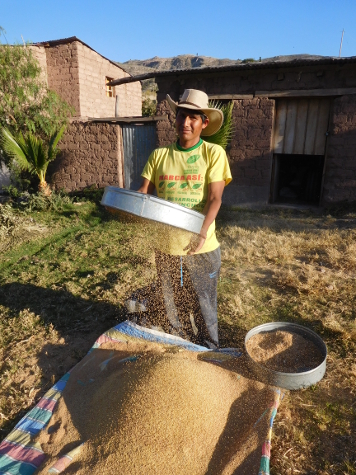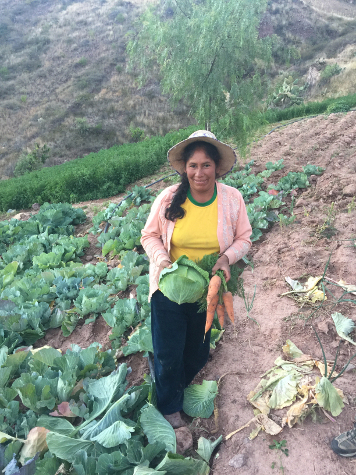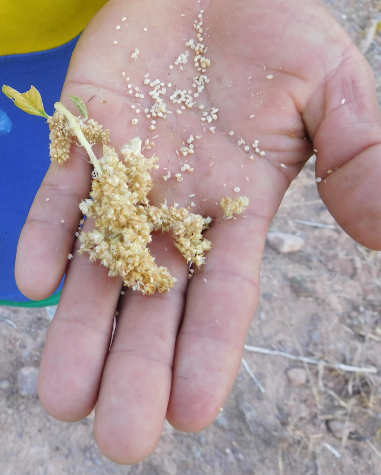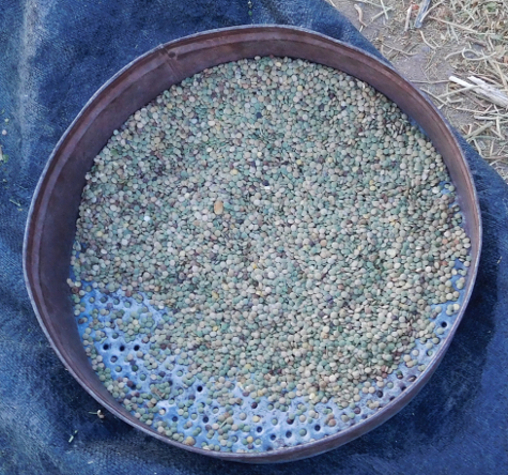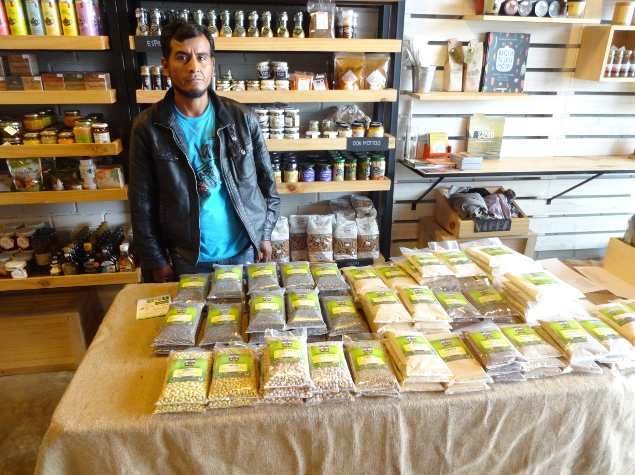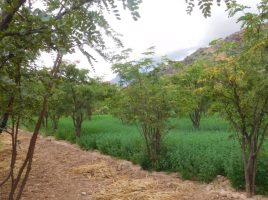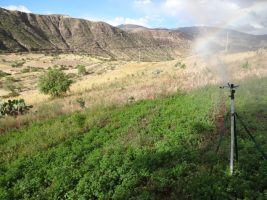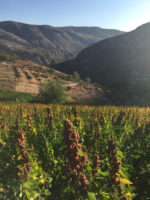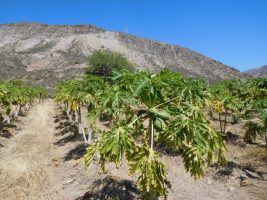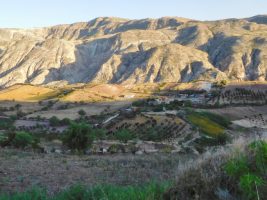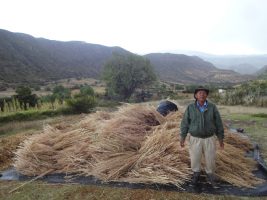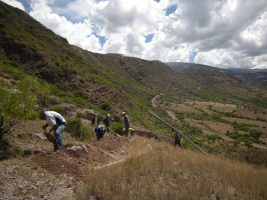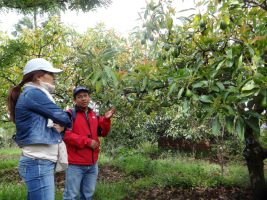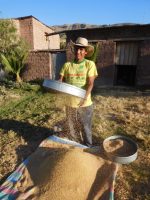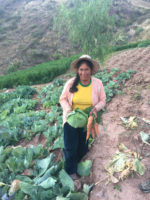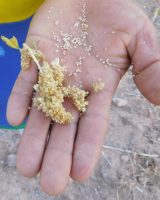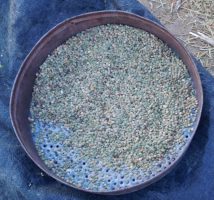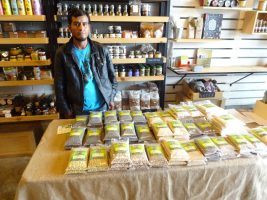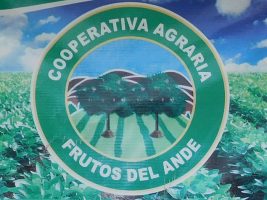Support for collective organic certification projects, product development and internal capacity building of the Frutos del Ande cooperative
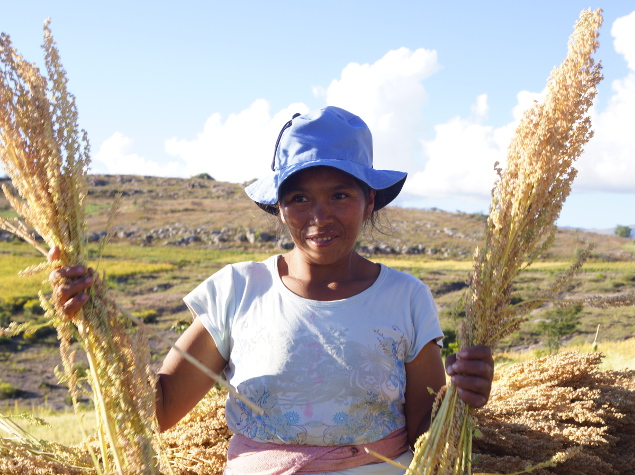
In Peru, family farming is a key occupation for much of the population (the country has 2.3 million farmers). Most of these families live in rural areas marked by poverty and inequality. The attention given by the State to the family farming sector remains minimal, or in some areas non-existent. In the Ayacucho region, where the project is based, not only do producers have market access problems but they also face production and environmental conservation issues.
It was in this context that Autre Terre supported the establishment of the ‘Fruits of the Andes’ cooperative. To face the challenges mentioned above, capacity building and empowerment of this first agricultural cooperative in the region are needed. To this end, the production chains, processing and marketing of certified organic products must be developed. Various initiatives have been planned to achieve the project goals:
- The producers’ production and management capacities will be strengthened in the following ways: introduction of a composting system to produce organic fertilizer; development of new planting areas; establishment of a seed production center and seven irrigation systems. The producer organizations’ management skills will thereby be enhanced.
- The producers’ and producer organizations’ processing and marketing capacities will be strengthened. A network will be set up for the collection of avocados, quinoa and tara (tree whose pods are used in leather tanning and seeds in the food industry). An avocado packaging center and oil preparation workshop will also be built. Product certification will be introduced. A loan will be provided to serve as working capital for the cooperative and to develop product marketing. Finally, markets that offer greater added value will be pursued.
- Local authorities and civil society will be made aware of the issues and mobilized to support agroecology. Strategic alliances with local authorities and private stakeholders in the sector will be strengthened. Advocacy initiatives will be conducted at local/regional government and community level. A regional fair will also be set up.
- The producer organizations and cooperative will have their internal organization strengthened and will apply the principles of the social and solidarity economy. An administrative department will be set up, and the project management and accounting skills of the cooperative and its members will be improved. Management and governance bodies will also be strengthened. A mechanism will be put in place for meetings to maximize synergy and exchange of views on how to monitor and capitalize on innovation. Efforts will be made towards legal recognition of the cooperative. The ultimate goal is for the cooperative to be not only financially but also organizationally independent.
Furthermore, climate change mitigation and adaptation will be promoted through agroecology, sound water management and reforestation plantations. Soil pollution caused by use of chemical inputs will also be reduced thanks to an increase in the number of certified organic farmers who will ensure that crop barriers are used to reduce the potential risk of contamination from neighboring non-organic plots.
Final summary report (March 2022):
Thanks to this project, the producers of the Frutos del Ande cooperative have adopted sustainable production techniques and improved the management of their productive activities. 12 producer organizations (POs) now prepare and regularly use different organic fertilizers (bocashi, biomix, guano). The Hass avocado production area was increased by 4 ha (2,000 plants) and 265 technical assistances were provided by the cooperative to support this high-potential production. The cooperative has also increased its quinoa production area by 8.25 ha and 238 technical assistances have been carried out to support production as well as 14 organic production workshops and 5 agroecological workshops.
Producers have also strengthened their marketing and processing capacities, particularly in the cooperative’s strategic sectors: Andean grains, legumes and avocado. 144 tons of quinoa and Andean grains were marketed, and the cooperative obtained the Gluten Free certificate for quinoa grain and flakes. A processing plant is now operational in Pamparque as well as a quality center and warehouse in Huamanga (Ayacucho). 12 tons of grain have already been processed (flakes and flour). The cooperative’s main buyers are Ethiquable, gourmet restaurant chain Tanta and organic supermarkets Produsana. For avocado, 226 tons were collected by the cooperative, which achieved profitability by tripling collective sales compared to 2019 and developed an alliance with a new buyer, the Incavo company. The cooperative carried out an international market study and is currently working with 33 regular buyers, including 15 new ones in 2021. The same year, 117 members of 12 POs also obtained the SPP certification (Symbol of Farmer Producers label) required by Ethiquable, including 64 who also have organic certification (59 producers and 5 for honey).
Public authorities, civil society and citizens are now more aware and mobilized in favor of sustainable family farming and the solidarity economy. The Participatory Guarantee System (SGP) of Ayacucho has been recognized by regional ordinance and is operational, which represents an important step forward. Indeed, SGP councils are multi-stakeholder spaces that promote agroecological production and create a favorable environment (standards, markets, workshops) through partnerships, thus making it possible to disseminate sustainable small-scale agriculture to the population and to advocate with the authorities (regional governments, agricultural agencies, local authorities) in favor of small producers. Finally, despite the pandemic, the cooperative has managed to obtain the necessary authorizations to maintain its operations in short circuits and has strengthened its internal sustainability. It participates in 3 weekly fairs, 4 regional monthly fairs and 2 monthly fairs in Lima. Strategic alliances have also been established with key Peruvian administrations in the sector such as INIA, Agrorural, SENASA and PromPeru.

